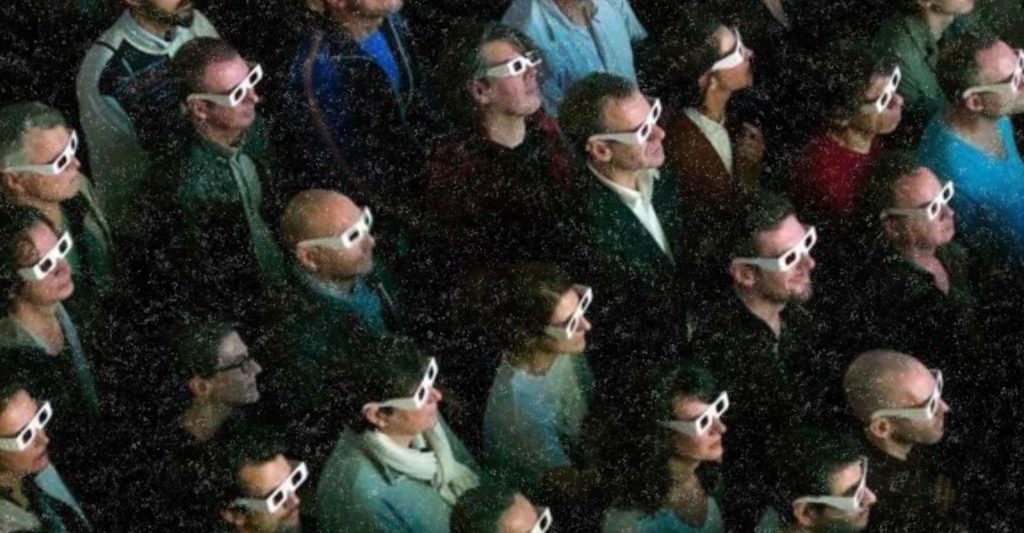ATHLETIC WOMEN BODY SHAMED BY INDUSTRY
We have all been a victim of body shaming. Body shaming has become a big issue, especially among female athletes as of late. Many of our favorite athletes such as Serena Williams, Nia Jax, and even the late Chyna have all been body shamed because of their body types were not the ideal.
Athletic women seem to deal with a lot of shit when it comes to their body. From a viewer’s standpoint, they have to produce the “perfect body” starting from their head down to their feet to appease their fans, critics, and social media trolls. Whatever happened to being normal and embracing your flaws and imperfections?
With body shaming and imaging being a major topic for those who have experienced it, it is one of the most underreported topics out there, but that stops here. In doing some personal research on this specific topic, I have come across a number of ways that athletic women are body shamed.
 Natural Hair
Natural Hair
It’s 2018 and having natural hair is the latest trend. A lot of women are leaving the creamy crack alone to embrace their natural roots. But in the world of sports entertainment also known as wrestling, natural hair is frowned upon. A wrestler from the independent circuit recalls one instance where her male counterpart said that she should wear her hair straighten because it makes her look more professional.
Weight
Being a professional athlete it is easy to assume that women should be slim and petite and that they don’t get made fun of, unlike the women who are much bigger than them. Well, that’s wrong. Slimmer women are ridiculed as much as bigger women.
Height
Height is another factor that comes to play when it comes to body shaming and imaging. If you are too short, you are not taken seriously and if you are too tall then you are considered to be something out of the ordinary. Remember that time Flava Flav name one of his women Tree because she was really tall?
Body shaming and imaging among female athletes can leave lasting effects on their psyche, causing them to have mental breaks and self-objectifying issues. In a 2003 study conducted by Harrison and Fredrickson, it was reported that young white teens are more likely to experience self-objectification after seeing a much leaner female athlete partaking in sports that focuses more on weight and appearance instead of talent. Other lasting effects can lead to eating disorders such as anorexia, bulimia, and body dysmorphia. How can we help break this social stigma on body shaming and imaging?
Supporting, encouraging, and uplifting each other are ways to help break this social stigma. Other ways are to remember that the things that you see on social media is not always real and you should not feed into it. Lastly, you have to learn how to be confident in you. Only you have the right to judge yourself. If you believe that you are beautiful and comfortable in your body then there is no way what others think about should cloud your judgment.
Love yourself always.
Stories for the soul in search here.





